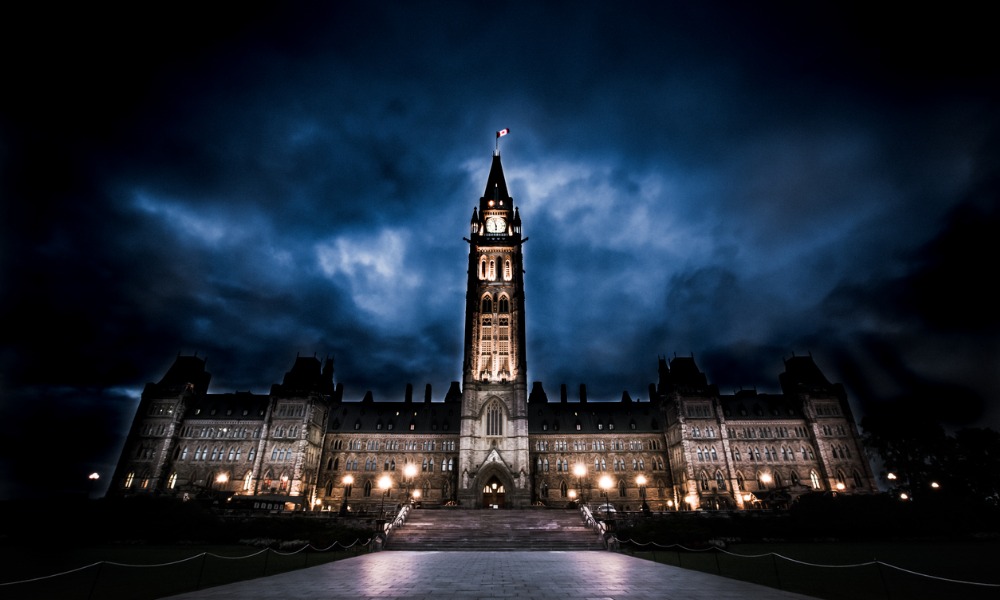The footage could legally be withheld for purposes of witness impeachment: court

The Court of Appeal of Nova Scotia has denied an appeal for the production of CCTV footage withheld by a pharmacy in a personal injury lawsuit.
In Grover v. MacQuarrie’s Drugs Limited (MacKinnon Pharmacy), 2024 NSCA 45, the court ruled that the footage, integral to an injury claim from an incident at MacKinnon Pharmacy, could legally be withheld for purposes of witness impeachment.
Teresa Grover reported sustaining injuries from an accident at MacKinnon Paharmacy, operated by MacQuarrie’s Drugs Limited, in Antigonish. Grover sought damages as a result of the accident. The incident involved a walker falling from atop a cooler, striking Grover. Despite MacQuarrie’s acknowledgment that the CCTV footage existed and was relevant, they refused its production, citing Rule 94.09 which permits withholding information solely to impeach a witness.
Most Read
During the initial motion hearing, it was undisputed that the CCTV footage did not fall under litigation privilege and was considered a relevant document under Rule 14.02. The main issue debated was whether Rule 94.09 allowed MacQuarrie’s to refuse to produce the footage. The court’s subsequent decision to dismiss the motion was based on his interpretation that the rule permitted such withholding.
In her appeal, Grover argued that withholding the CCTV footage was contrary to the intent of legal procedural rules aimed at a just, speedy, and inexpensive determination of proceedings. She highlighted several adverse effects of the decision, such as forced preparation without key evidence, increased litigation costs, and impediments to the fact-finding process. Grover suggested that Rule 94.09 should apply only to privileged documents and contended that the rule’s wording was ambiguous.
However, the appellate court disagreed, finding the rule clear in its allowance for withholding documents to impeach credibility. The court noted that the rule explicitly states, despite other requirements for disclosure, a party may opt to withhold information for the sole purpose of impeaching a witness. This interpretation aligns with historical applications and the motion judge’s thorough analysis.
The court acknowledged the risks involved in withholding such evidence, particularly CCTV footage which could be crucial in reconstructing events accurately. Still, it was deemed a permissible strategic choice under the current rules, although one with potentially significant trial implications.
The court emphasized the narrow scope and potential consequences of Rule 94.09. While the court recognized the arguments for fairness and full disclosure, it concluded that the rule could not be interpreted as the appellant and intervenor suggested.










